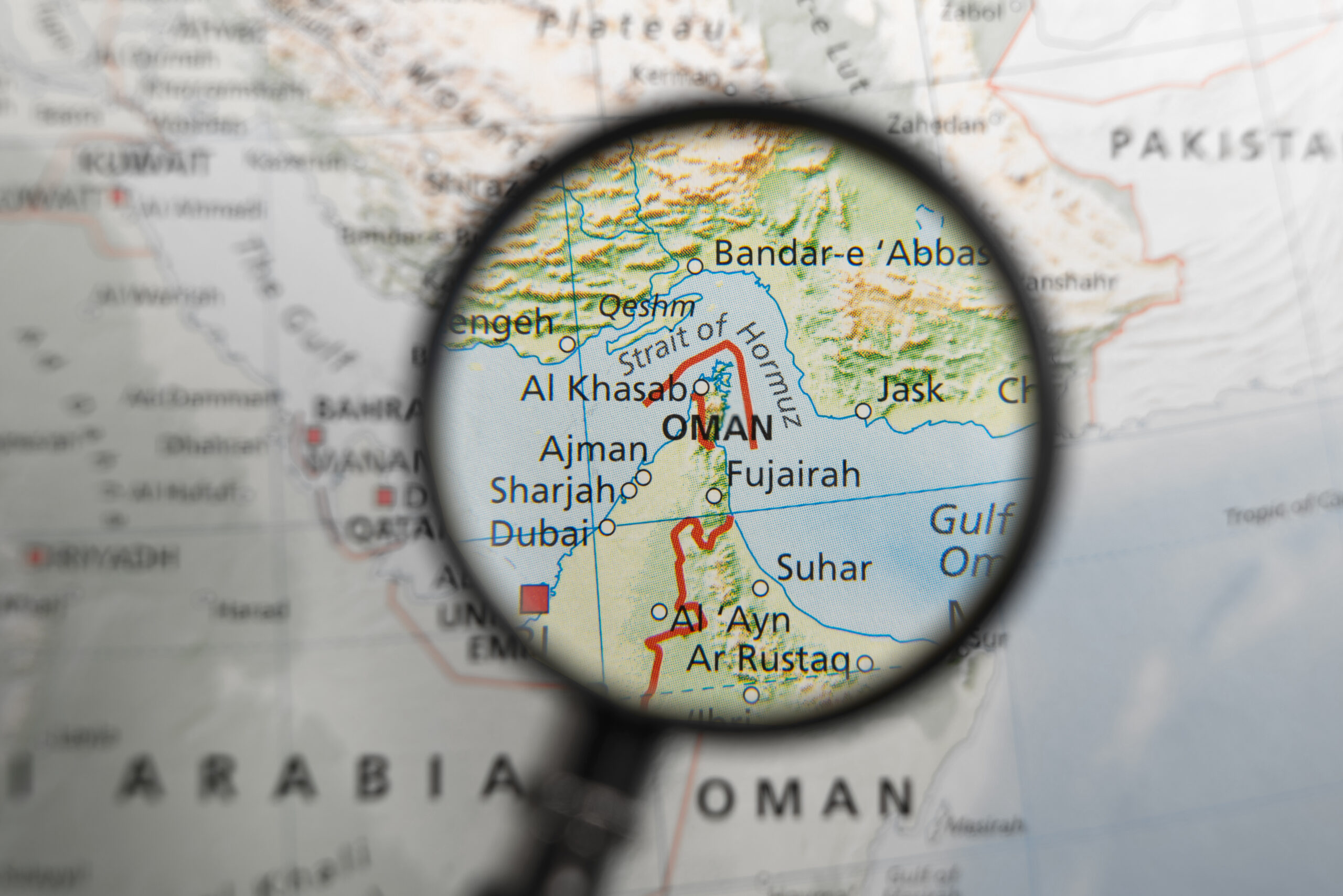Commercial maritime traffic continues to flow through the Strait of Hormuz with a surge of traffic on 24 June, up 30% from 23 June, according to an advisory note on June 25 by the Joint Maritime Information Center (JMIC).
There remains no impact to commercial shipping; however, due to the fragility of the ceasefire agreement the maritime domain threat remains “Elevated.”
Despite a ceasefire deal between Israel and Iran on Tuesday, security issues in the Strait of Hormuz continue for shipowners, with electronic interference being the key concern for the vessels and its owners.
JMIC warns that persistently high levels of electronic interference, particularly affecting GNSS systems, continue to be experienced throughout many parts of the region.
The Strait of Hormuz remains open, and traffic flow appears normal with no activity in the past 24-hours.
JMIC advises vessels and its owners to continuously monitor credible intelligence sources and official government channels for real-time updates, as the situation can change rapidly.
US President Donald Trump announced on Wednesday that the United States will hold fresh talks with Iran next week, with a possible nuclear agreement on the table.
“We’re going to talk to them next week, with Iran. We may sign an agreement. I don’t know,” Trump said at a press conference.
“I could get a statement that they’re not going to go nuclear. We’re probably going to ask for that, but they’re not going to be doing it anyway.”
Trump then reiterated: “We may sign an agreement, [but] I don’t care if I have an agreement or not.”
When asked what gave him confidence that the Israel-Iran war had ended, Trump replied, “I dealt with both, they’re both tired, exhausted. They fought very, very hard and very viciously, very violently, and they were both satisfied to go home and get out.”
He added, “Can it start again? I guess someday, it can. It could maybe start soon.”



